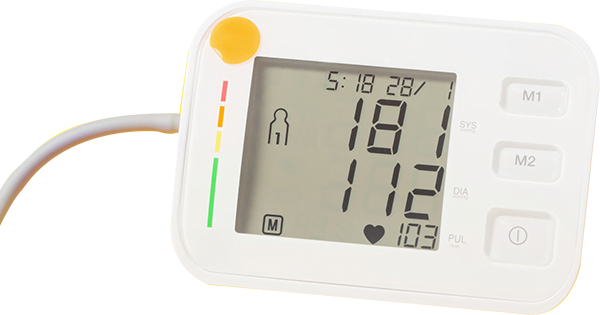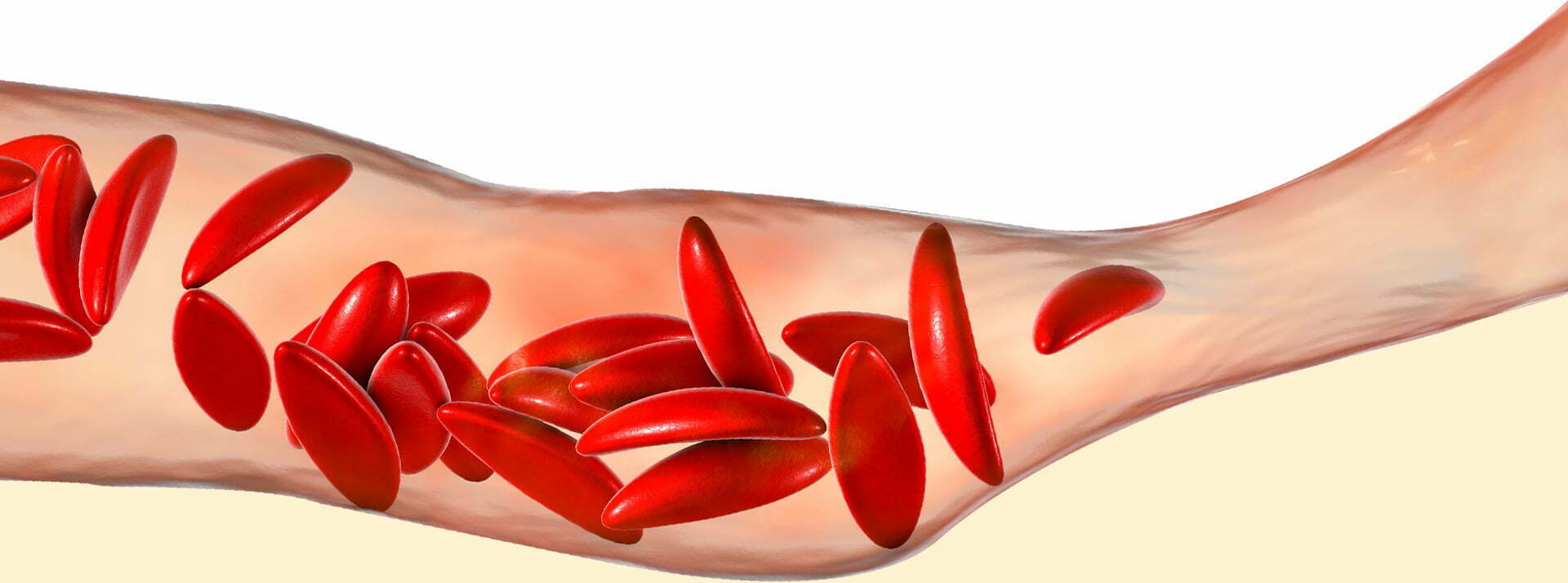People diagnosed with hypertension are often baffled, and many ask, “Why me?” Symptoms make a diagnosis more real. But unlike many other illnesses, hypertension rarely causes symptoms. In fact, it is ominously called the “silent killer.” Some people develop headaches when their blood pressure rises into dangerous territory, but in others, hypertension can go undetected until it causes a lethal heart attack.
Hypertension is a major risk factor for heart disease, stroke, kidney failure, and eye problems. Damage to the heart caused by the extra work and a lack of oxygen causes heart disease.
Damage to the arteries increases the risk of blood clots that block the flow of blood to the heart, causing a heart attack, or to the brain, causing a type of stroke known as an ischemic stroke. Another type of stroke, called a haemorrhagic stroke, can occur when a weakened blood vessel in the brain bursts. Damage to blood vessels in the kidneys impairs their ability to filter waste and remove fluid, leading to kidney failure. Problems with blood flow in the arteries of the eyes can lead to vision loss.

In rare cases, dangerously high blood pressure can cause severe headaches, confusion, and shortness of breath, chest pain, or nosebleeds.
Heart disease is the number one cause of death worldwide; hence, knowing our genes/variants linked with heart health, high blood pressure, cardiovascular illness and pathology and cholesterol low-density lipoproteins (LDL) / high-density lipoproteins (HDL) imbalance, will empower us to take informed actions to mitigate their effects.
We rarely find just one cause for anyone’s hypertension, there are multiple factors at work. Some causes can’t be prevented, like genetics and age. High blood pressure often runs in families. Genetic risk is complex, probably resulting from a combination of harmful mutations in risk genes and silencing of protective genes. There is nothing we can do to change our genetics, just as we can’t stop ageing. With ageing comes a universal increase in systolic blood pressure and in the risk for heart disease.
Hypertension develops secondary to environmental factors, as well as multiple genes, whose inheritance appears to be complex. Furthermore, obesity, diabetes, and heart disease also have genetic components and contribute to hypertension. Epidemiologic studies using twin data and data from Framingham Heart Study families reveal that BP has a substantial heritable component, ranging from 33-57%.

There is also a genetic component that we need to be aware of with genes that encode something called vasoconstriction (narrowing of the blood vessels) as well as vasodilation (widening of the blood vessels). Too much vasoconstriction will narrow the blood vessels leading to an increase in blood pressure, which can lead to a whole array of health complications.
Some cardiometabolic risk factors have strong heritability while others are substantially influenced by environmental factors. Environmental factors include diet, lack of exercise, lack of sleep, stress and anxiety. Understanding the special heritability characteristics of a particular risk factor plus identifying genetic and environmental contributions towards risk can help in developing prevention and treatment strategies.
Hypertension develops secondary to environmental factors, as well as multiple genes, whose inheritance appears to be complex. Furthermore, obesity, diabetes, and heart disease also have genetic components and contribute to hypertension. Epidemiologic studies using twin data and data from Framingham Heart Study families reveal that BP has a substantial heritable component, ranging from 33-57%.

Genes of Interest and Recommendations
TrueYou DNA profiling determines the variant profile of your six genes that contribute to blood pressure. CPLX3, PPARGC1A, APOA5, ADRB2, ADD1, MTHFR are genes associated with diastolic and systolic blood pressures, coronary artery disease susceptibility and modulation of plasma triglyceride levels, susceptibility to hypertension / signalling in relation to hypertension and obesity, among others.
From the variant profile of your six genes, we can estimate your risk of high blood pressure from the genetic level. Knowing that your genes encode a specific outcome, you can mitigate their effects with certain tweaks to your bodyweight, diet & nutrition, exercise, and lifestyle changes.
You can help manage your condition with the holistic Elken LXYang which has a synergistic effect for healthy circulation. It optimises nitric oxide production, which is a vasodilator to support blood vessel health. It’s naturally produced in our bodies but declines as we age. The product contains Tomato Aqueous Extract, L-arginine and a new patented ingredient Curcumin, and proprietary nutrients for healthy circulation.


It is advisable to supplement with EPA DHA as it contains a natural extract of marine lipid concentrate from deep-sea fish in the Arctic Ocean and Norwegian Sea. It provides a dietary source of the valuable Omega 3 polyunsaturated essential fatty acids (PUFA), namely Eicosapentaenoic Acid (EPA) and Docosahexaenoic Acid (DHA).

